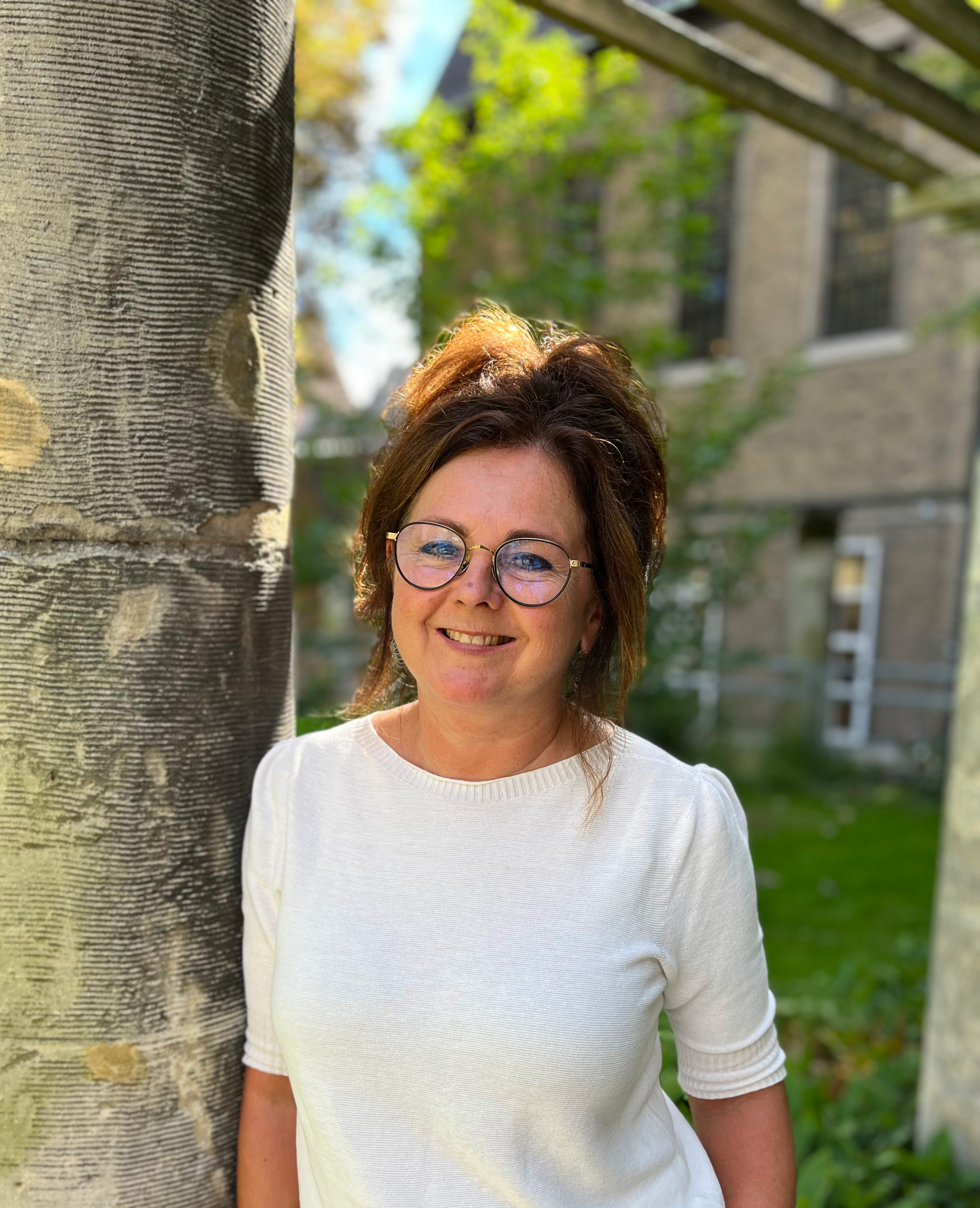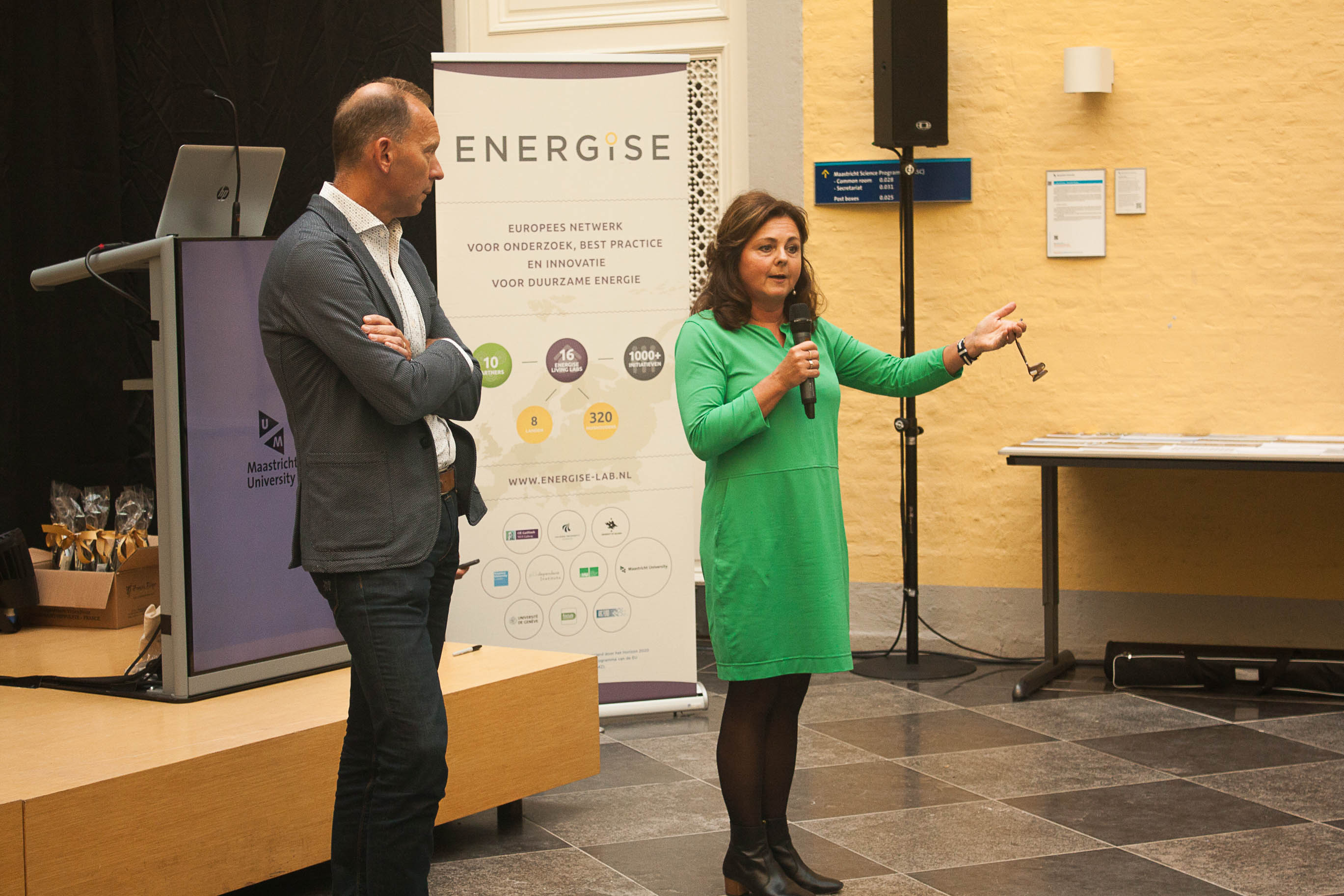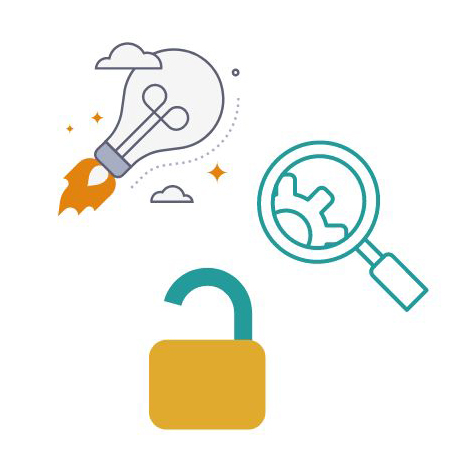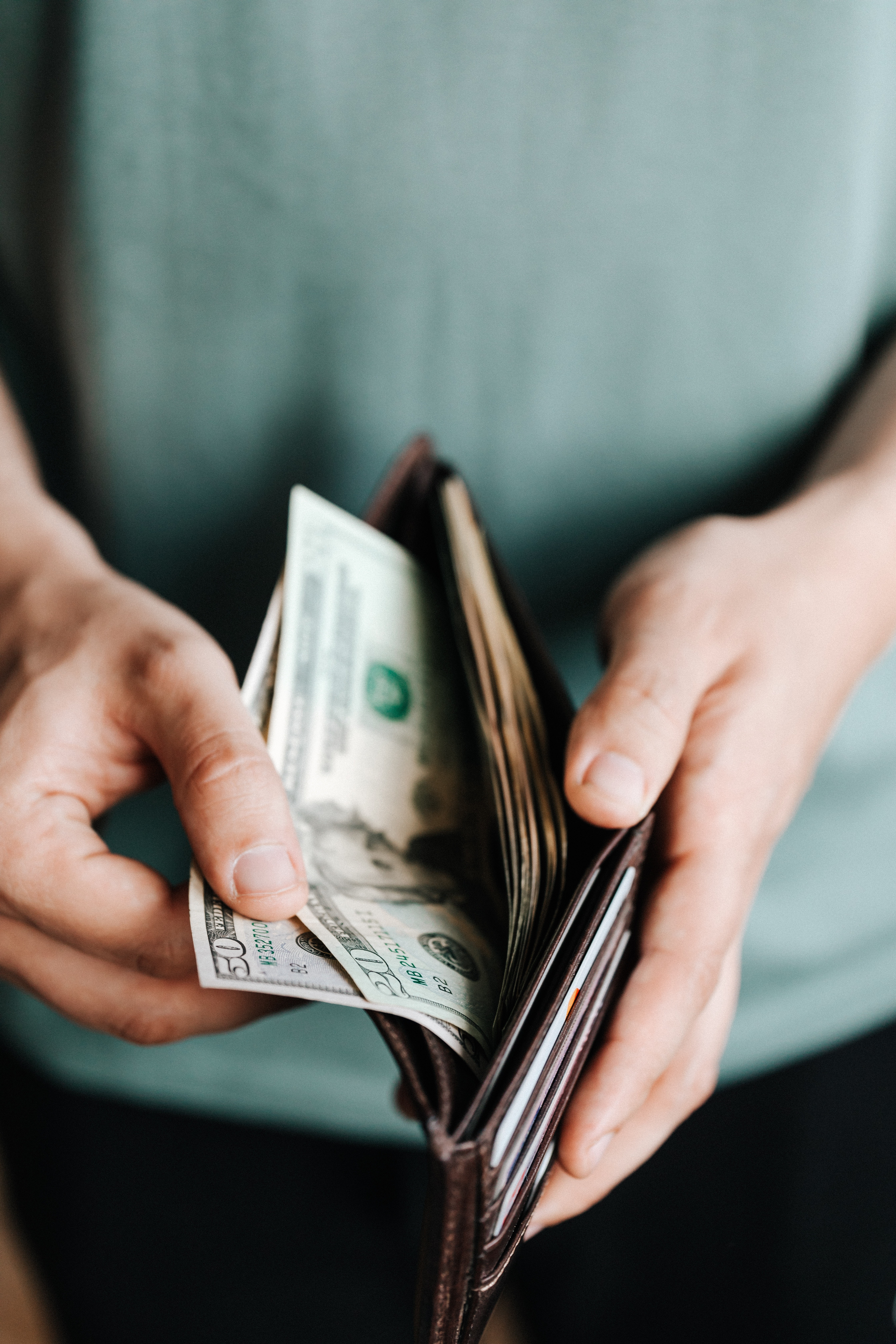Connecting and learning from each other is crucial to move forward in sustainability
She has been involved in many sustainability initiatives and projects. Anja van Bogaert has been working on sustainability at UM since 2012. First, at Maastricht Sustainability Institute (MSI) and since autumn 2018, as sustainability coordinator for Sustainable UM2030. Recently, she started a new adventure as coordinator at ITEM, the interfaculty and interdisciplinary knowledge institute. A good time now, to look back on her years working on integrating sustainability at UM. What were her most important lessons and what is the best way forward?
When and how did the sustainability programme start at UM?
In 2017, the Executive Board commissioned a poll. The consulting firm Arcadis was then appointed and used interviews and workshops to produce a vision report, which was approved in 2018. Since then, an interdisciplinary team has been working on sustainability within UM. The Sustainable UM2030 team started according to the vision report with the three sustainability pillars of education, research and operations. Also, the UM Green Office, which was established earlier in 2011, would officially support SUM2030.
Even before I started, the Green Impact programme was announced during the opening of the Academic Year. Green Impact was an awareness campaign to promote sustainability at the workplace. That was a very nice programme with a lot of enthusiasm from participants. Teams consisting of employees and students worked together and competed against each other to be the best in the workplace! At UM we learned a lot about what could be improved in terms of operations.
The following year, together with students and employees, we identified five themes that UM should work on. These were: mobility, health and well-being in buildings, events and meetings, nature inclusive campus and developing competences. We organised sessions around those themes on what might be a possible solution. From these, several project proposals emerged to be examined for feasibility. The projects were all launched. Some in a slightly different form.
Now we are at the point of evaluation and follow-through. Looking at what works and what doesn't and fine-tuning the strategy.
-text continues below picture-

Anja van Bogaert is currently working as coordinator at ITEM. She used to work as programme coordinator of Sustainable UM2030.

What have been big milestones for you?
Big milestones for me have been that we have really brought sustainability to the attention of UM, that more and more people want to contribute to it and that there is also a budget for it. Of course, also the current news reports helped to speed things up.
Sustainable UM 2030 helped develop the UM-wide minor in Sustainability. Do you think the minor is a good addition to this preparation for students?
Definitely. The most valuable thing about the UM-wide minor sustainability is that a team from different disciplines worked on it. All faculties, across different disciplines, have formulated the programme of the minor. And it also includes a project assignment, so students can actually work on solutions. Every student should take that minor, it would even be interesting for staff members.
What many people don't realise is that sustainability is very complex. What do you think is the biggest challenge in sustainability?
Patience, experimenting and eventually daring to make choices. The most important thing for such a complex issue, as integrating sustainability, is to always enter into dialogue with different parties. It is important, that right from the start, we share the different views and insights with each other, so together, we can come to a supported solution. If you look at the current education programme of students, it’s very valuable that now students are taught to bring together the different perspectives and that eventually choices have to be made. It can sometimes be a long and difficult process.
Choices are often made too quickly that in hindsight were not so sustainable...
If something is organic, it doesn't immediately mean it's sustainable. You have to look at the whole chain. Where does it come from? What route did it take? At UM, procurement also takes this into consideration now. As a contract manager, for instance, you have to build up that knowledge.
How can we encourage people to be more sustainable?
We are creatures of habit. We need to be taken out of our comfort zone. Therefore, many scholars in sustainable development also say that systems theory is very important. A systemic change has to happen and this doesn’t happen overnight.
Is this systemic change still the biggest challenge for UM?
Of course, because you have to deal with many different departments, faculties and other related parties.
Do you yourself ever worry about our planet and where things are going?
We can no longer ignore sustainable development. We want a better world for our children and grandchildren. I am afraid it will not get better in the short term either. Besides a different approach, a lot of innovation is needed. It is already five past twelve and the change is still taking too long. Think about phasing out the fossil industry, because we are still heavily dependent on it, converting this also takes time.
What's important to realise is that each one of us has to take responsibility now. It should not just depend on one programme or team, but it is a problem that must be tackled collectively.
Colleagues know you as a true nature lover. Has this love always been there?
Yes, I feel connected to nature. In the morning when I get up, first thing I do is look outside. Nature gives me a sense of joy and freedom. I spend a lot of time outdoors, biking to work every day and running in my free time. I love to cook and eat from what nature brings us. I also love gardening, but unfortunately I don't have a vegetable garden. However, I sometimes put a vegetable plant between the flowers or on the terrace.
We wish Anja the best of luck at ITEM. She has left Sustainable UM 2030, but one thing is certain: "Sustainability is in my heart. I will always continue to contribute to that."
By: Sustainable UM2030, Sandy Langenhuizen
Also read
-
Four young UM researchers have received a Veni grant worth up to €320,000 from the Dutch Research Council (NWO). This will allow them to further develop their own research ideas over the next three years.
-
Billions of dollars in foreign aid could be spent more effectively if international poverty statistics weren’t so inaccurate. Says Dr Michail Moatsos, Assistant Professor at Maastricht University School of Business and Economics.


